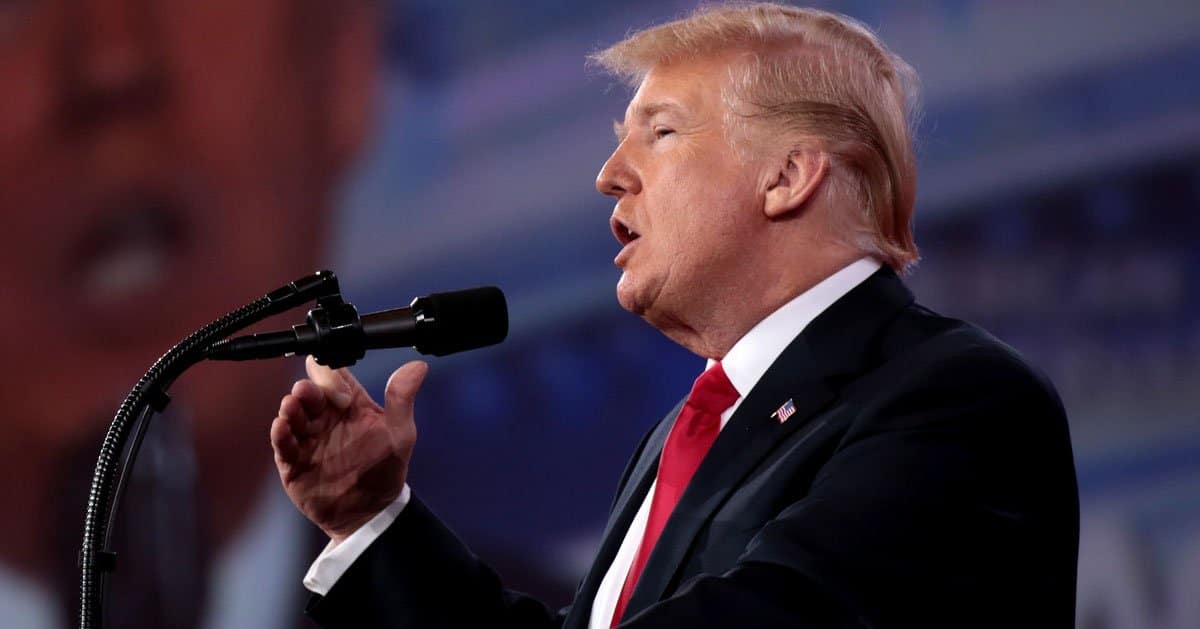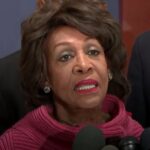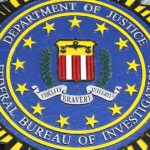






In a significant judicial development, the U.S. Supreme Court has temporarily reinstated an Arizona law requiring proof of citizenship for voter registration using a state form.
The 5-4 decision, issued through the Court's shadow docket, is poised to have far-reaching implications for voter registration practices in Arizona and potentially beyond.
The ruling reversed a previous federal court injunction that had blocked the law's enforcement, adding a new layer of complexity to the ongoing debate over voting rights and state autonomy in election administration.
The ruling was significantly influenced by Justices appointed by former President Donald Trump, particularly Neil Gorsuch and Brett Kavanaugh.
Their votes were pivotal in the Court's narrow majority, which reinstated Arizona's HB 2492 law. This law, initially enacted in 2022, mandates that anyone seeking to register to vote using a state form must provide proof of U.S. citizenship.
The law, known as HB 2492, has been a point of contention since its inception.
Arizona legislators argued that it was necessary to ensure the integrity of elections by preventing non-citizens from voting. The law not only required proof of citizenship for those using a state form but also directed county officials to verify citizenship status for individuals registering with a federal form.
However, the law's opponents, including civil rights groups and voting rights advocates, immediately challenged it in court.
They argued that the law violated the National Voter Registration Act (NVRA), a federal statute designed to streamline voter registration processes across the United States.
The NVRA's challengers contended that Arizona's stringent requirements were in direct conflict with federal law, which they claimed should take precedence.
In response to these challenges, a federal district court initially blocked the enforcement of HB 2492.
The court ruled that the law's requirements were likely preempted by the NVRA and thus could not be enforced. This decision was upheld by a three-judge panel on August 1, further solidifying the position that Arizona's law was inconsistent with federal standards.
Despite these setbacks, Arizona, with the support of the Republican National Committee (RNC), continued to push for the law's reinstatement.
The state argued that it had the right to enforce its voter registration requirements to maintain the integrity of its elections. The RNC's involvement underscored the broader national implications of the case, as it reflected the party's ongoing efforts to tighten voting regulations in various states.
The U.S. Supreme Court's decision to reinstate the law came as a surprise to many observers, given the lower courts' consistent rulings against it.
The 5-4 decision was reached through the Court's shadow docket, a process that allows for expedited rulings without the typical full briefing and oral arguments. The shadow docket has been increasingly used in recent years, often for decisions with significant political ramifications.
Justices Neil Gorsuch and Brett Kavanaugh, both appointed by former President Trump, were instrumental in the ruling. Justice Gorsuch, in particular, expressed a strong stance in favor of the law, indicating that he would have supported even more stringent measures. He suggested that the law should not only be reinstated but also applied to voters who had registered using a federal form, potentially disenfranchising over 41,000 voters in the upcoming presidential election.
The Supreme Court's decision to reinstate Arizona's proof of citizenship requirement is likely to have significant implications for voter registration in the state.
Supporters of the law argue that it is necessary to prevent voter fraud and ensure that only eligible citizens participate in elections.
However, critics warn that the law could disenfranchise thousands of eligible voters, particularly those who may have difficulty obtaining the required documentation.
The ruling also raises questions about the balance of power between state and federal governments in regulating elections. While states have the authority to set certain voting requirements, these must not conflict with federal laws like the NVRA, which are designed to make voter registration more accessible.
The ongoing legal battle over HB 2492 highlights the tensions between these two levels of government and the challenges of ensuring both election security and voter access.

